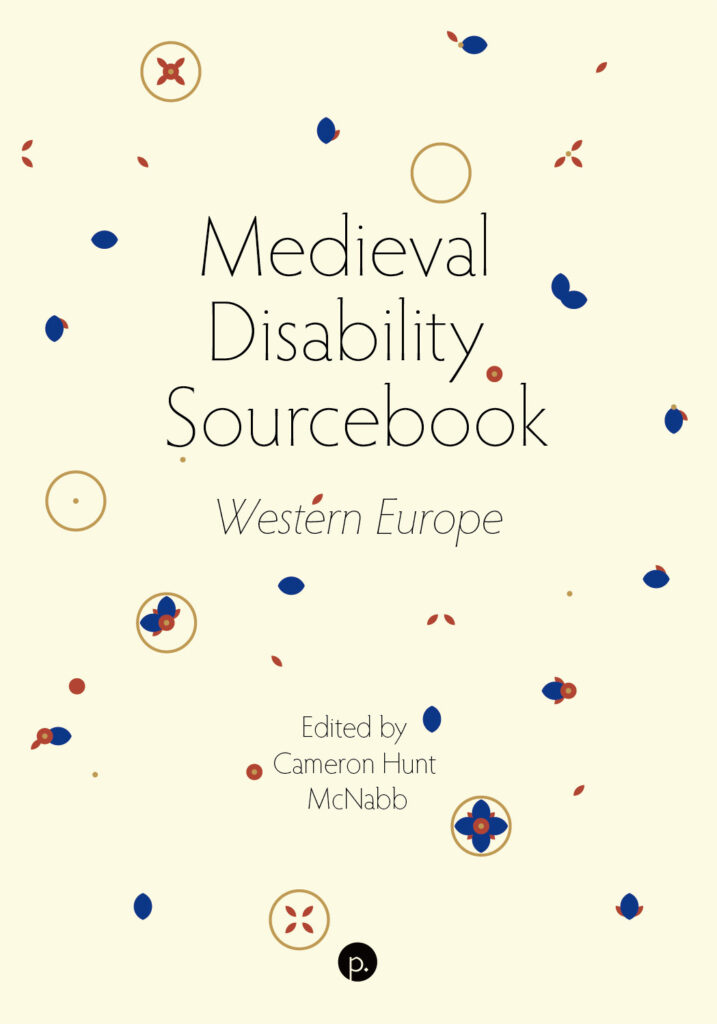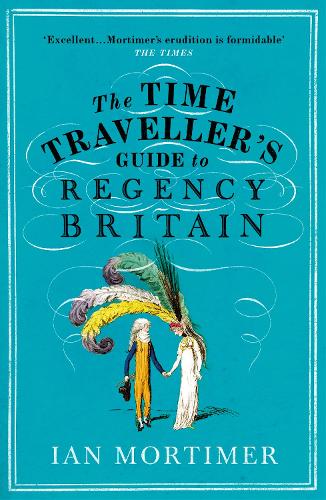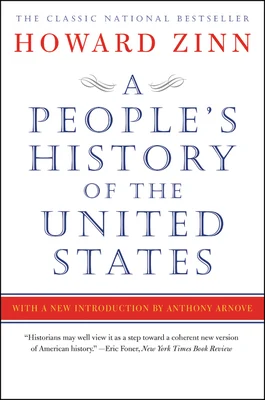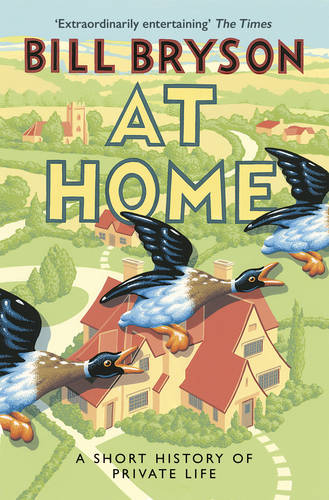Books
How to Research and Bring Authentic History to Your Fiction
In the world of historical fiction, authenticity can make a world of difference. Well-researched novels transport readers to a different place and time, bringing to life the experiences, customs, and events of that period, or highlighting stories that often go untold in the historical record.
Good research sets the stage for your story. The clothes, sounds, smells, and even the tastes of a time gone by are what make your story feel real. So how do you approach the mammoth task of getting history right in your fiction?
Understand the historical context
The who, what, when, and where of your novel are the starting point of your research. Whichever era you choose to explore, identify specific dates and locations to focus your research. This decision guides everything from the language used to the societal norms that your characters will abide by or rebel against.
Once you’ve decided on the ‘when’ and ‘where’, it’s time to understand the ‘what’. What major events marked this period? How did society function? Was there a rigid class system or more fluid social mobility? What were the norms and taboos? You’ll want to gather as much information as you can about these aspects to accurately portray the world your characters inhabit. These events and social norms will hugely influence how your characters move within your story world.
Once you have a good sense of the time and place, I recommend creating a timeline of relevant historical milestones. This helps plot your story against the backdrop of actual events and gives a sense of structure and progression that you can work from. Whether it’s a dramatic war or a more subtle cultural shift, these milestones can form the pivot points around which your story revolves. But, remember, while history shapes your characters, it shouldn’t dictate your story. Don’t sacrifice plot and character development in exchange for rigid historical accuracy.

Do the research
Find reliable sources
In historical research, the reliability of your sources can make or break your novel’s authenticity.
Evaluating sources is a bit like being a detective. You’ll need to check the author’s credentials and the publication date. Consider the author’s perspective, their potential biases, and the purpose of the source. Remember, no source is perfect, but some are certainly more reliable than others.
Immerse yourself in the time period
Primary sources, like diaries, letters, or photos from the time period, can be a goldmine for insights into people’s daily lives. Meanwhile, secondary sources, like scholarly articles and books written about the era, can provide essential context and analysis. Using a mix of both gives you a well-rounded picture of the period.
But it doesn’t all have to be dry scholarly research. The media consumed at any given time period says a lot about a culture. Reading fiction from that time period, or listening to music, watching films, listening to radio plays, looking at art or photographs — they’re all amazing ways to get a feel for what was important and interesting at the time.
Leverage the work of others
The great thing about historical fiction is that there’s a lot of it around, and there are lots of authors who have done a lot of heavy research already. That doesn’t mean you shouldn’t do your own, but there’s a lot you can learn from how other writers represent the history you want to build on.
Taking the time to read books by other authors who are writing about the same time period is a good way to discover the little things, like how best to add everyday customs to your story, describe clothing and technology, and even identify common ways of speaking. I also recommend doing a deep reading of some of them, as you can learn a lot from seeing what an author does well, and what you think they could do better.
Writers will often acknowledge creative liberties they have taken in the author’s notes, and there is a lot you can learn from those, too. It can show you where it’s ok to take liberties, see what kind of historical deviations other authors employ, and learn how best to strike a balance between historical accuracy and storytelling.
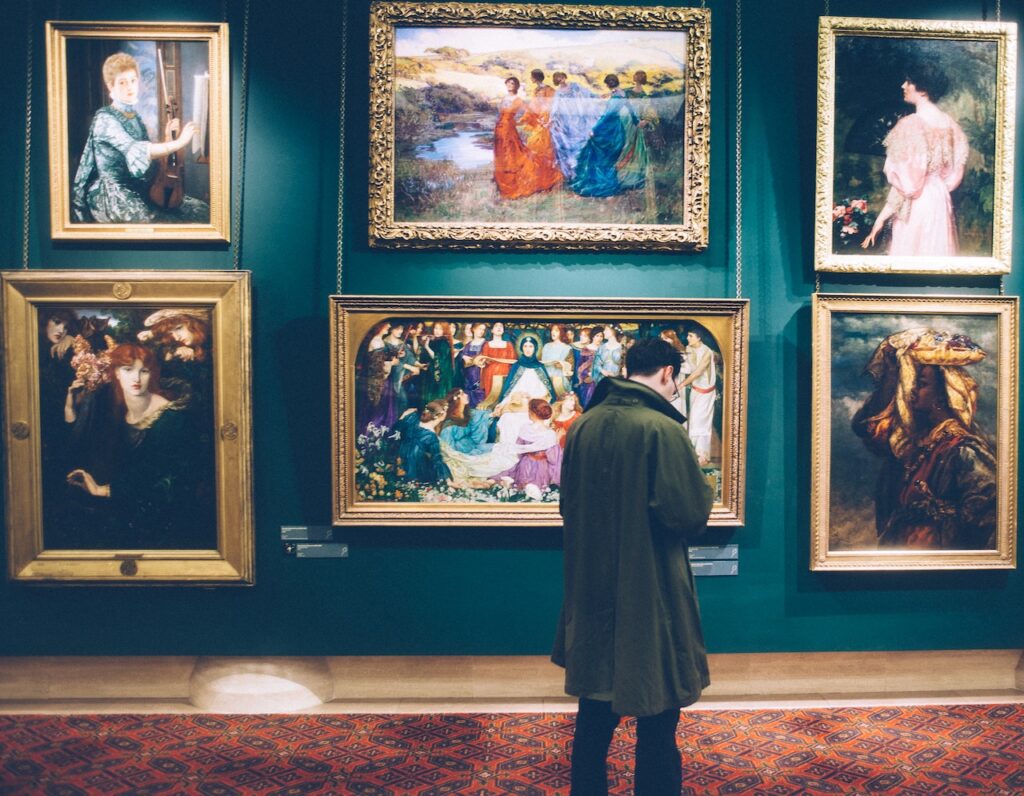
Where to do your research
Online Databases
With the advancement of technology, many historical documents and books have been digitised. Online databases like JSTOR, Project Gutenberg, and the Digital Public Library of America are excellent resources for historical research. They offer access to thousands of sources right at your fingertips.
Libraries and archives
Your local or regional library likely has resources you can use, and librarians love to help with research projects. Additionally, national archives or university libraries often hold a wealth of documents and books that can provide a unique insight into your chosen era.
Museums
Museums are treasure troves of historical artefacts and often have informative exhibits about different time periods. Many museums also have research departments and experts who can provide further insights. Don’t forget about virtual museum tours if a physical visit isn’t feasible.
Historical societies
Historical societies often have a wealth of information and can be focused on very specific time periods or locations. They are usually run by a mix of passionate experts and amateurs who are more than willing to help out or point you in the right direction. They also often have access to archives that might not be publicly available or need special credentials to get access to, so might be willing to give you supervised access, or look for documents on your behalf.
First-hand accounts
Interviews with individuals who have first-hand experience or significant knowledge of the era can be invaluable. These might be harder to find, and will only be viable options for those writing about modern history, but they can give you personal perspectives that you can’t get from written sources.
Forums and discussion groups
Online communities can be an invaluable tool in your research. Historical forums and discussion groups provide a platform for enthusiasts and experts alike to share insights, discuss theories, and engage in enlightening debates.
Sites like Reddit and Facebook have dedicated sections or groups for different time periods and topics, where you can ask questions and gain insight from a range of perspectives. Often, members will share unique resources, rare images, and helpful tips, making them a useful addition to your research arsenal. But be prepared to encounter differing views, and always fact-check information for accuracy.
Some recommended resources
The Medieval Disability Sourcebook
The Medieval Disability Sourcebook: Western Europe explores what medieval texts have to say about disability, both in their own time and for the present.
This interdisciplinary volume on medieval Europe combines historical records, medical texts, and religious accounts of saints’ lives and miracles, as well as poetry, prose, drama, and manuscript images to demonstrate the varied and complicated attitudes medieval societies had about disability.
Ian Mortimer’s Time Traveler’s Guides
In his Time Traveler’s Guide series, Ian Mortimer gives an engaging, in-depth look into the everyday life of different eras. He goes into detail about food, clothing, building materials, and the layout of people’s homes, but also covers things like laws, customs, travel, and what people did for entertainment. There are four books in the series, The Time Traveller’s Guide to Medieval England: A Handbook for Visitors to the Fourteenth Century, The Time Traveller’s Guide to Restoration Britain: Life in the Age of Samuel Pepys, Isaac Newton and The Great Fire of London, The Time Traveller’s Guide to Regency Britain, and The Time Traveller’s Guide to Elizabethan England.
A People’s History of the United States
Howard Zinn’s A People’s History of the United States is unique in its portrayal of American History. It takes a social history perspective with a focus on often marginalised voices. He reframes the lens of history to tell the stories of women, factory workers, African Americans, Native Americans, the working poor, and immigrants. The result is a complex yet engaging tale of America’s key moments.
The book is not without its fair share of criticism, but looking into where and how that criticism originates, and what it tells us about the oversimplification of history, is in itself a useful thing to investigate while researching.
At Home: A Short History of Private Life
In At Home, Bill Bryson investigates the idea of history, and what it really means. Instead of global events, wars, and big personalities, he instead focuses on the minutiae of everyday life. From the houses we live in, to the food we eat, our domestic lives underpin every facet of history. The extraordinary isn’t possible without the ordinary.
Bryson uses the medium of a tour through a single building to illustrate each facet of history he delves into. It helps build context, and for a writer, shows how individual settings can contribute to thoughts about the wider world, and how we can incorporate that into our own worldbuilding.
Note: All purchase links in this post are affiliate links through BookShop.org, and Novlr may earn a small commission – every purchase supports independent bookstores.
